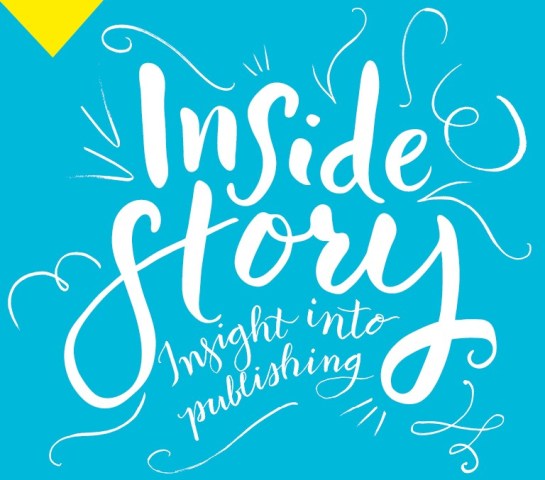How to make the most of your Cover Letter or Job Application

10 Feb 2017
written by Ama
 If you feel like you’re not having any luck with your job applications, you’re not alone. We recently had a candidate ask us why they weren’t securing interviews from the countless jobs they had applied for. This got us thinking that it is actually your Cover Letter (or question answers) that is the most important part of your application. It is the main way for us to see your passion, skills and suitability for the role. So we thought we’d share some tips to help you make your Cover Letters stand out…
If you feel like you’re not having any luck with your job applications, you’re not alone. We recently had a candidate ask us why they weren’t securing interviews from the countless jobs they had applied for. This got us thinking that it is actually your Cover Letter (or question answers) that is the most important part of your application. It is the main way for us to see your passion, skills and suitability for the role. So we thought we’d share some tips to help you make your Cover Letters stand out…
When writing your cover letter you need to be aware that many of the jobs you are applying for are hugely competitive. We often get up to 200 applications for an editorial or marketing assistant job, so it’s really important that you make an impact very quickly with your cover letter – if you don’t, the recruiting manager won’t necessarily even get to your CV, so it’s important that your cover letter has real impact and really shows us why we need to be inviting you to interview with us – rather than the other 199 people that have applied. The way to do this is to tell us about your passion, enthusiasm, attributes, experience and skills in a well-crafted cover letter. The cover letter is where you can really sell yourself!
To make sure your cover letter gets you through to the all important interview stage make sure it isn’t generic or the same one you used to apply for jobs with all the other companies and every other job! You’ve got to communicate, probably in your first paragraph, that you are – and have always been – desperate to work on that specific imprint you are applying for, and with their specific authors. If you’re copying or paraphrasing off the website it will show. If you spell their top selling authors name wrong you won’t get an interview. This doesn’t mean that you couldn’t do the job – but if you’ve got 200 applications to whittle down to 6 interviewees, then unfortunately it’s enough to get you on the ‘no’ pile.
You should make sure that when showing your knowledge of an imprint’s list, the titles and authors are indeed published by that imprint. We see candidates telling us how much they love a certain author and book that we published but actually, that particular book was published by a competitor. It gives us the impression that you haven’t done your research and could be submitting an off the shelf cover letter.
The cover letter is your opportunity to make sure that the experience you are flagging is relevant to the job you’re applying for. Remember you don’t necessarily need to have publishing experience but you should tell us why the experience you do have would be useful in the job you’ve applied for. Have you worked on projects (at school, university, work, etc.), that show your ability to communicate, work as a team and get things done? Do you have administrative and organisational skills too? Are you IT savvy? Are you a whizz on social media or do you have the ability to learn systems quickly as demonstrated in something you have done previously? If so, then the cover letter is your chance to tell us!
Remember, recruiting is an egocentric activity – the recruiting managers want someone who can come in quickly and help them – so you need to show how you are equipped with the skills, knowledge and experience to do this. Make sure you put all of your skills and experience in, and not just those things that you think are relevant. Go through the ads, see what they are looking for and address it, preferably in order – if you’ve done terrible jobs in shops or potato factories, put them in – it shows that you’re not above graft, and you’re reliable, it’s also something that sets you apart from the competition.
Really think about the role that you are applying for and make your cover letter relevant to it, for example, don’t just tell us that you love books; you’ve got to be focused, and you’ve got to have clear and discerning taste, especially if you’re going to work in editorial. If you’re going to work in marketing or publicity then show how your creativity matches with your passion for the books that imprint publishes and how it makes you the right person for the job.
If you have a unique selling point (like a science degree) then make more of it. Publishing is littered with English graduates (not that it’s a bad thing), but we love talking to people that can bring something new to the business.
Finally, we can’t stress enough how important it is to make sure you proof read your cover letter to make sure it shows you at your best. The cover letter shows us a lot including your written communication skills, your attention to detail and your passion!
Remember there is a lot of competition for our jobs, so you do have to keep going even if you aren’t successful at first. Focusing on why you want each specific role, what you can bring to the team and that specific area of publishing when writing your cover letter will really help you stand out. Good luck!





